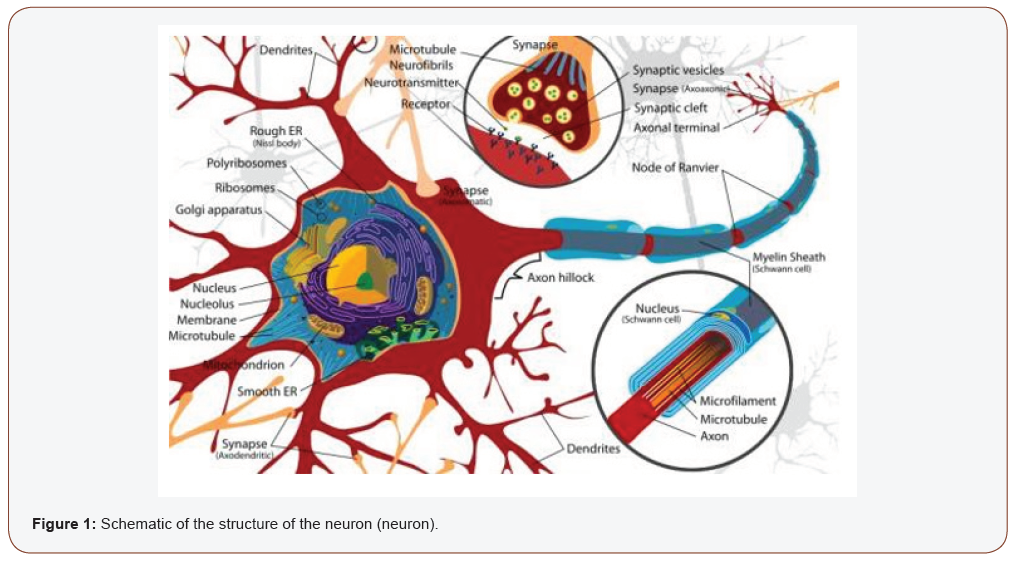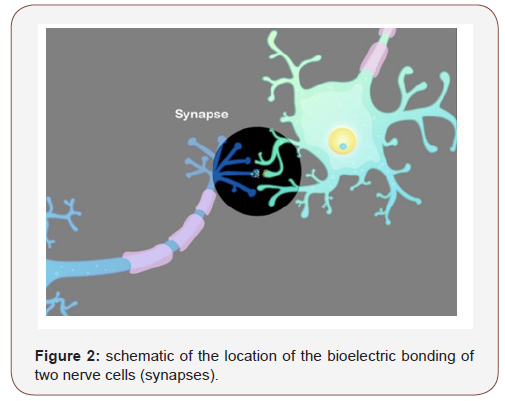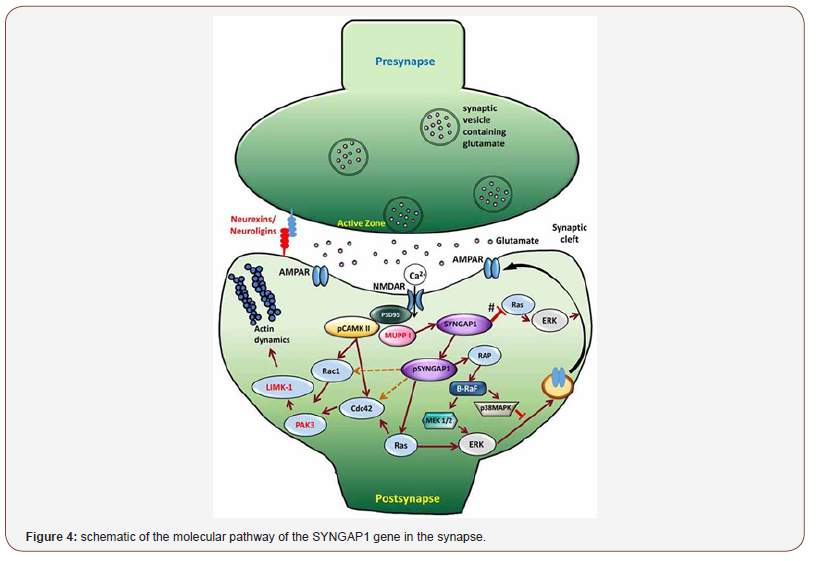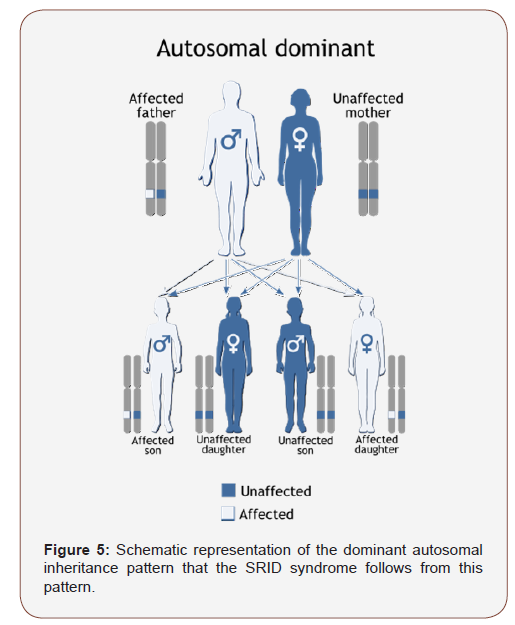 Mini Review Article
Mini Review Article
SYNGAP1-Related Intellectual Disability Syndrome
Shahin Asadi*, Hossein Amjadi, Gholnesa Valizadeh, Reza Hosseinpour and Mahsa Jamali
Division of Medical Genetics and Molecular Pathology Research, Iran
Shahin Asadi, Molecular Genetics-IRAN-TABRIZ, Director of the Division of Medical Genetics and Molecular Research, Iran.
Received Date: October 15, 2018; Published Date: October 25, 2018
Abstract
SRID Syndrome is a neuro genetic disorder caused by the mutation of the SYNGAP1 gene. This syndrome interferes with the ability to think and properly handle everyday life of a person.
Keywords: SIRD syndrome; SYNGAP1 gene; Neuro genetic
General Disability Syndrome Related to SYNGAP1 (SRID)
SRID syndrome is a neurodegenerative disorder characterized by moderate to severe mental disability and manifest in early childhood. The first feature of this syndrome is impairment in the development of speech and motor skills such as sitting, standing and walking [1] (Figure 1).

Symptoms and Symptoms of Intellectual Disability Syndrome associated with SYNGAP1 (SRID)
Many people with a SRID syndrome have muscular weakness (hypotonia), which impairs the development of motor skills. Some sufferers also lose the skills they have already learned (regression). Other features of the SRID syndrome include: frequent seizures (epilepsy), hyperactivity and autism spectrum disorders characterized by communication disruption and social interactions. Almost all people with SRID syndrome have epilepsy and almost half of them have autism spectrum disorders [2] (Figure 2).

Etiology of Intellectual Disability Syndrome associated with SYNGAP1 (SRID)
The SRID syndrome is caused by the mutation of the SYNGAP1 gene, which is based on the short arm of chromosome 6, which is positioned as 6p21.32. The protein produced from this gene is known as SynGAP, which plays an important role in neurons in the brain. SynGAP protein is found in connections between nerve cells (synapses) and helps regulate changes in synapses that are essential for learning and memory [3] (Figure 3).


The mutation in the SYNGAP1 gene results in incomplete production or a decrease in the activity of the SynGAP protein. Studies have shown that reducing the activity of SynGAP protein can have several effects on neurons, including synapses stimulation for early development. Abnormalities due to synaptic changes in the brain cause impairment in learning, memory and behavior that are characteristic of SRID syndrome [4] (Figure 4).
SRID syndrome follows the dominant autosomal inheritance pattern. Therefore, to produce this syndrome, a copy of the mutated gene SYNGAP1 (parent or parent) is required and the chance of having a child with this syndrome in the dominant autosomal state is 50% for each possible pregnancy. It is worth noting that almost all cases of SRID syndrome are caused by new gene mutations and no family history [5] (Figure 5).

The Frequency of Intellectual Disability Syndrome Associated with Syngap1 (Srid)
SRID syndrome is a relatively common form of cognitive impairment. It is estimated that the syndrome accounts for about 1-2% of intellectual disability cases [6].
Diagnosis of Intellectual Disability Syndrome Associated with SYNGAP1 (SRID)
The SRID syndrome is diagnosed based on the clinical and clinical findings of the patients and some pathological examinations.The most accurate method for detecting this syndrome is the molecular genetic testing of the SYNGAP1 gene to investigate the presence of possible mutations [6].
Direction for Therapeutic Disability Syndrome Related to SYNGAP1 (SRID)
The SRID syndrome treatment and management strategy is symptomatic and supportive. Treatment may be done by a team of experts, including a neurologist, orthopedic specialist and other healthcare professionals. There is no standard treatment for this syndrome and all clinical measures are needed to reduce the suffering of the infected person. Genetic counseling is also a special place for all parents who want a healthy baby [7].
Discussion & conclusion
As noted, cold syndrome is a neuro genetic disorder that disrupts the thinking and thinking ability of the affected person. To date, only one gene has been identified for this syndrome, but researchers are trying to discover other genes in inducing this syndrome.
Acknowledgemnet
None.
Conflict of Interest
No conflict of interest.
References
- Aceti M, Creson TK, Vaissiere T, Rojas C, Huang WC, et al. (2015) Syngap1 haploinsufficiency damages a postnatal critical period of pyramidal cell structural maturation linked to cortical circuit assembly. Biol Psychiatry 77(9): 805-815.
- Clement JP, Aceti M, Creson TK, Ozkan ED, Shi Y, et al. (2012) Pathogenic SYNGAP1 mutations impair cognitive development by disrupting maturation of dendritic spine synapses. Cell 151(4): 709-723.
- Clement JP, Ozkan ED, Aceti M, Miller CA, Rumbaugh G (2013) SYNGAP1 links the maturation rate of excitatory synapses to the duration of critical-period synaptic plasticity. J Neurosci 33(25): 10447-10452.
- Mignot C, von Stülpnagel C, Nava C, Ville D, Sanlaville D, et al. (2016) Genetic and neurodevelopmental spectrum of SYNGAP1-associated intellectual disability and epilepsy. J Med Genet 53(8): 511-522.
- Ozkan ED, Creson TK, Kramár EA, Rojas C, Seese RR, et al. (2014) Reduced cognition in Syngap1 mutants is caused by isolated damage within developing forebrain excitatory neurons. Neuron 82(6):1317- 1333.
- Parker MJ, Fryer AE, Shears DJ, Lachlan KL, McKee SA, et al. (2015) De novo, heterozygous, loss-of-function mutations in SYNGAP1 cause a syndromic form of intellectual disability. Am J Med Genet A 167A(10): 2231-2237.
- Wang CC, Held RG, Hall BJ (2013) SynGAP regulates protein synthesis and homeostatic synaptic plasticity in developing cortical networks. PLoS One 8(12): e83941.
-
Shahin Asadi, Hossein Amjadi, Gholnesa Valizadeh, Reza Hosseinpour, Mahsa Jamali. SYNGAP1-Related Intellectual Disability Syndrome. Arch Neurol & Neurosci. 1(4): 2018. ANN.MS.ID.000519.
-
Disability syndrome, SRID syndrome, Neuro genetic disorder, Neurodegenerative disorder, Mental disability, Childhood, Motor skills, Sitting, Standing, Walking, Muscular weakness, Hypotonia, Frequent seizures, Epilepsy, Hyperactivity, Autism, Spectrum disorders, Etiology, Nerve cells, Synapses, Neurons, Memory, Brain, Behavior, Dominant autosomal, Cognitive, Diagnosis, Cold syndrome
-

This work is licensed under a Creative Commons Attribution-NonCommercial 4.0 International License.
- Abstract
- General Disability Syndrome Related to SYNGAP1 (SRID)
- Symptoms and Symptoms of Intellectual Disability Syndrome associated with SYNGAP1 (SRID)
- Etiology of Intellectual Disability Syndrome associated with SYNGAP1 (SRID)
- The Frequency of Intellectual Disability Syndrome Associated with Syngap1 (Srid)
- The Frequency of Intellectual Disability Syndrome Associated with Syngap1 (Srid)
- Direction for Therapeutic Disability Syndrome Related to SYNGAP1 (SRID)
- Discussion & conclusion
- Acknowledgemnet
- Conflict of Interest
- References






